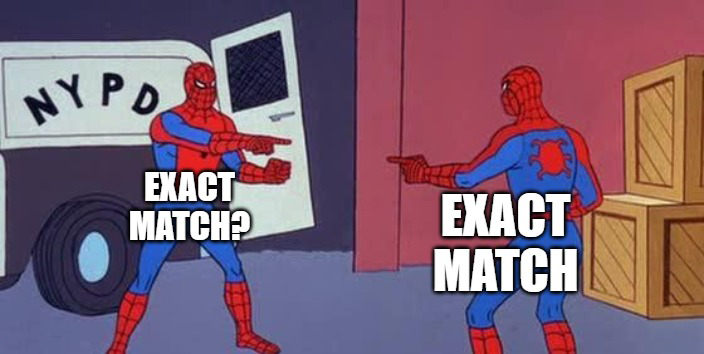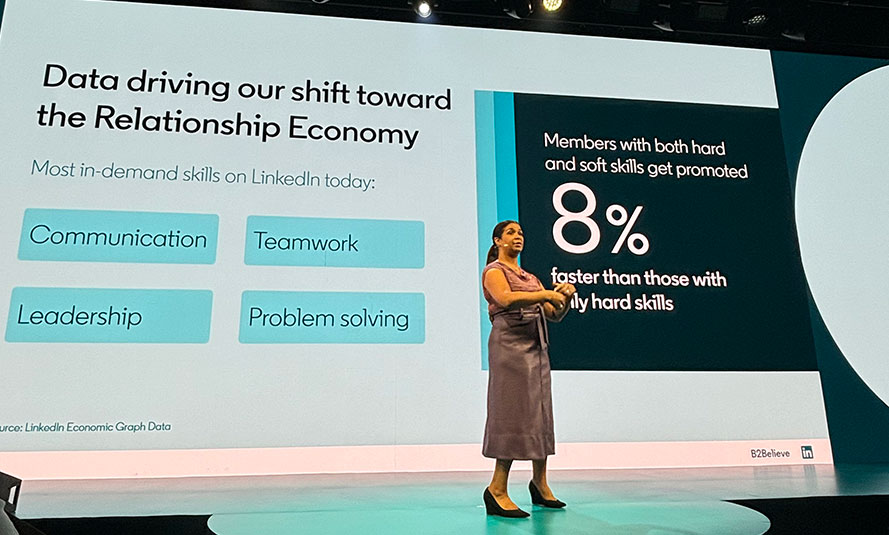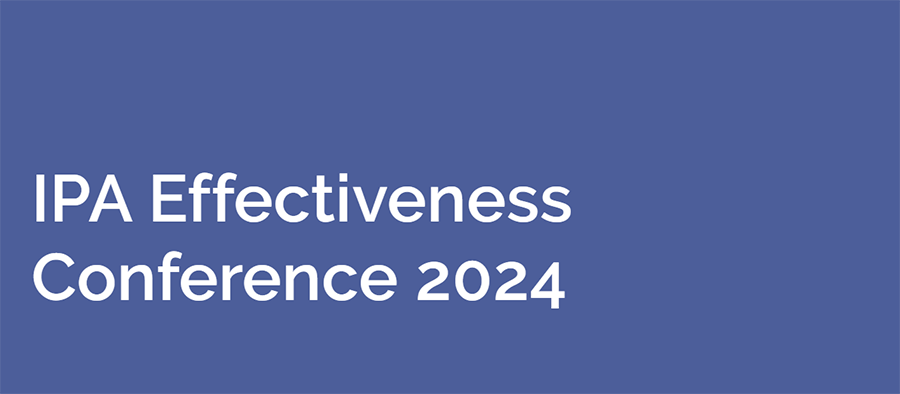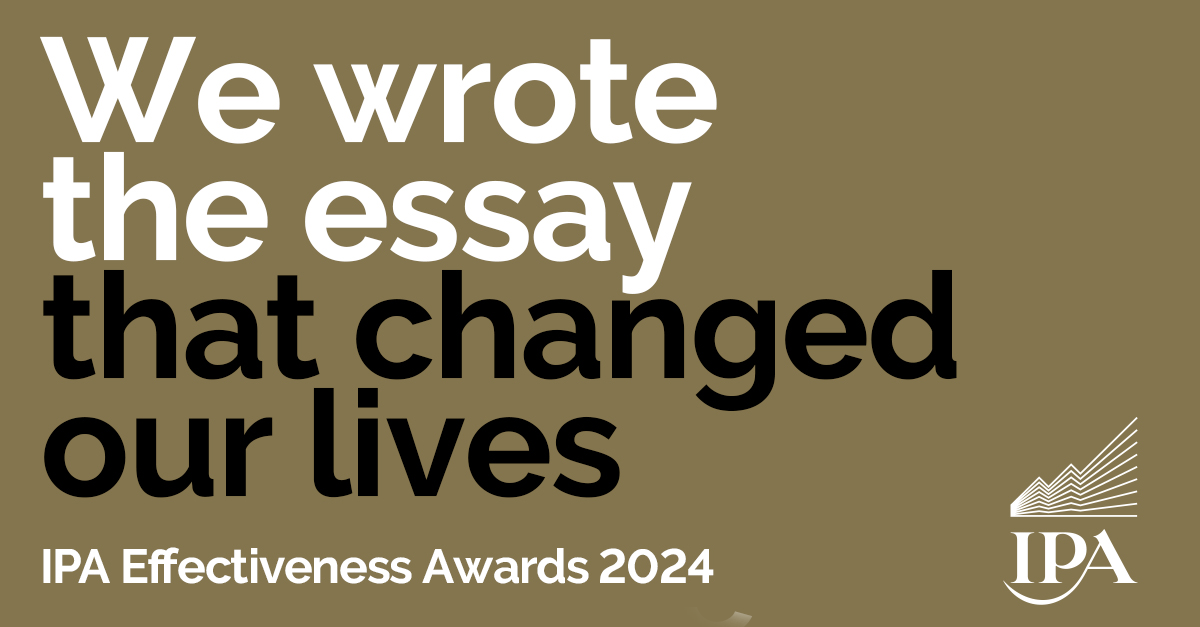Who’d be a PPC expert? They don’t make it easy for us… Or do they? One thing’s for sure: it never stays the same for long in the world of Paid Search.
Gone are the days of segmenting campaigns by exact match and broad match modifier. Google has made significant strides in natural language processing and semantic intent. If their big competitors are anything to go by, rapid advances in Search UX – how ‘human’ it feels – are on their way.
Meanwhile, keyword match types have changed and search terms are no longer captured as intended. So it’s time to refresh the toolkit…
The traditional PPC approach of building out long lists of exact match keywords is now pointless, creating unnecessary complexity and adding duplication. The effectiveness of machine learning is also reduced when campaigns are launched with granular ad groups and minimum data thresholds are not hit. Those small niche campaigns are holding you back.
It is undeniable that modern search has changed the game and advertisers that haven’t evolved are getting left behind. As with every update which Google makes, we look to cross-examine their methods and corroborate their findings. We make sure to assess recommendations with a critical lens to ensure the approach is right for our clients.
The writing on the wall
In September 2020, Google started to restrict exposure to search term data. The reason they gave was to strengthen privacy protocols and uphold data protection standards. Early results showed that up to 20% of search query data was no longer visible to advertisers. This was a significant blow to exact match enthusiasts, as advertisers could no longer identify and respond to important query data. It followed multiple updates to how exact match keywords fundamentally worked e.g. allowing synonyms, close variants and implied intent to match.
There was a further significant development in February 2021 which saw Google sunset broad match modifier and apply the same triggers to phrase match.
We have since tested and observed that exact match is no longer effective at driving the highest value conversions, especially when compared to phrase and broad match. It is limited in scope, often more competitive and doesn’t always capture the unique ways in which people use search.
Will this be the year?
It is surely only a matter of time before Google removes exact match as a targeting option. It already feels somewhat redundant given the way that it captures query intent and the overlap it has with phrase and broad.
We regularly analyse search term reports and often find instances where the keyword and query are different. We’ve listed a few recent examples in the table below. Semantic intent is still closely aligned of course, there’s no doubt about that. But it does raise the question as to why exact match needs to be used, especially when phrase and broad can replicate the same result.
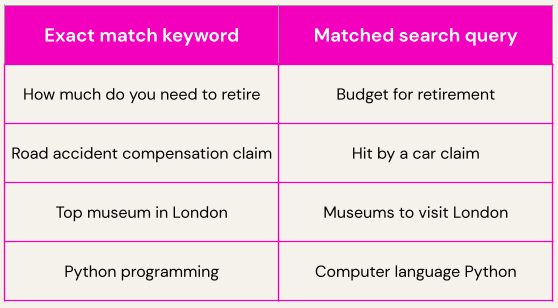
The evolution of Performance Max casts further doubt over exact match and how much longer it can last, although that one is for another blog post.
If you’d like to know more about how we are using automation and match type experimentation to deliver outrageous campaign improvements – you’re just a click away.

